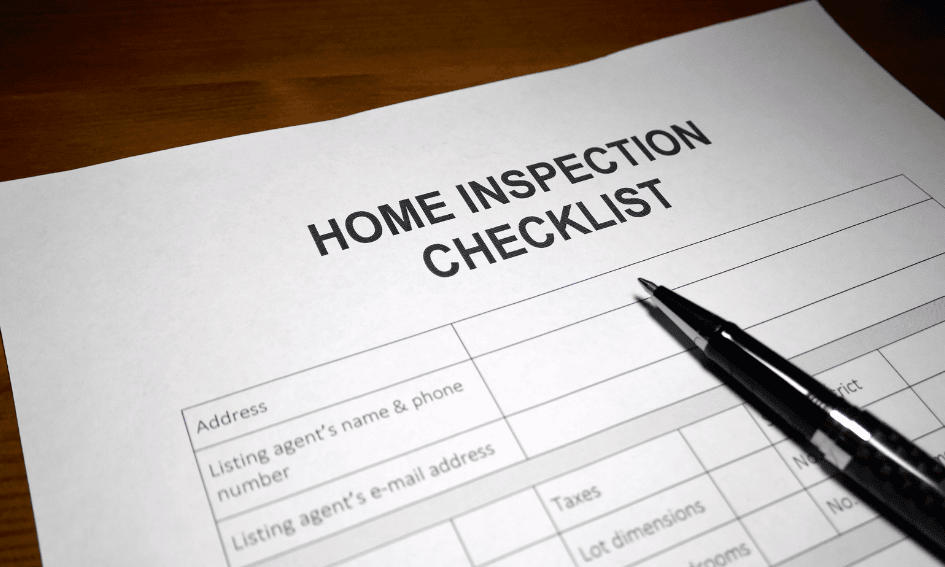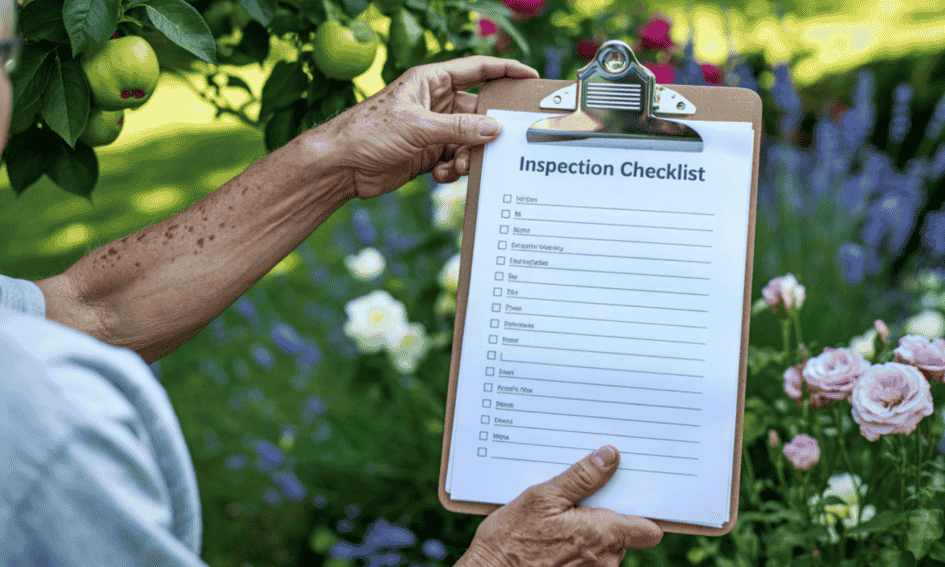The Ultimate Apartment Inspection Checklist in Ho Chi Minh City
02 Oct, 2025

The ultimate apartment inspection checklist is essential for both landlords and tenants to protect their rights, avoid disputes, and ensure a smooth rental experience. In Ho Chi Minh City, where the rental market is highly active and expats account for a large share of tenants, a clear inspection process is especially important. Whether you are moving in or moving out, having a checklist helps document the apartment’s condition, clarify responsibilities, and save time for everyone involved.
Why Apartment Inspections Matter?
Apartment inspections are more than just a formality – they protect both tenants and landlords from misunderstandings and financial loss. In Ho Chi Minh City’s competitive rental market, a proper inspection process ensures transparency and builds trust between both parties.
Key reasons why inspections matter:
- Protecting deposits: Tenants can avoid unfair deductions, while landlords safeguard against damages.
- Clarity of responsibility: Defines which repairs belong to tenants and which to landlords.
- Peace of mind for expats: Helps international renters feel secure when renting in Vietnam.
- Property value maintenance: Regular inspections keep the apartment in good condition.

Pre-Inspection Preparation
Before starting the inspection, both tenants and landlords should prepare the necessary documents and tools. This step ensures that the process is smooth, transparent, and leaves no detail overlooked.
What to prepare:
- Lease agreement: Review the terms related to condition, repairs, and deposit.
- Inventory list: Have a copy of all furniture, appliances, and fixtures.
- Utilities records: Gather recent bills for electricity, water, and management fees.
- Camera or phone: Take photos or videos to document the apartment’s condition.
- Printed checklist: Use a standardized inspection form to avoid missing items.
Move-In Inspection Checklist
When moving into a new apartment in Ho Chi Minh City, tenants should carefully inspect the property to avoid unexpected issues later. Documenting everything at the beginning helps protect your deposit and ensures a smooth living experience.
Checklist for move-in inspection:
- Electrical system: Check outlets, switches, lights, and air conditioning units.
- Plumbing: Test sinks, showers, toilets, and drainage.
- Doors and locks: Ensure main doors, windows, and locks are secure.
- Appliances and furniture: Verify that all items in the inventory list are present and functional.
- Internet and utilities: Confirm that Wi-Fi, electricity, and water are properly connected.
- Cleanliness: The apartment should be clean and ready for use.
Move-Out Inspection Checklist
Before handing back the apartment, tenants must make sure the property is in proper condition. A clear move-out inspection helps avoid disputes, ensures the return of the security deposit, and builds trust between landlord and tenant.
Checklist for move-out inspection:
- Clean thoroughly: Remove personal belongings and deep clean all rooms.
- Minor repairs: Replace light bulbs, fix small holes, or repaint if required.
- Furniture and appliances: Return items in good working order, matching the original inventory.
- Keys and access cards: Hand back all keys, remotes, and entry cards.
- Bills and fees: Settle electricity, water, internet, and management charges.
- Final photos: Document the apartment’s condition for transparency.
Landlord and Renter Responsibilities
A successful rental relationship depends on both parties fulfilling their responsibilities. Clear expectations help avoid disputes and ensure smoother inspections during move-in and move-out.
Landlord responsibilities:
- Provide a safe and clean apartment at the start of the lease.
- Ensure all furniture, appliances, and utilities are functional.
- Be transparent about deposit deductions and return timeline.
- Assist expats with legal requirements such as residence registration.
Renter responsibilities:
- Maintain the apartment in good condition throughout the lease.
- Report damages or issues promptly to the landlord.
- Pay rent and utility bills on time.
- Follow building rules and notify landlord before moving out.
Common Issues and How to Avoid Them
Even with clear agreements, rental inspections in Ho Chi Minh City can lead to disputes if not handled properly. Knowing the common issues helps both landlords and tenants prepare in advance.
Common issues:
- Deposit disputes: Tenants feel unfair deductions, landlords claim damages beyond normal wear.
- Unsettled bills: Utilities or management fees left unpaid at move-out.
- Hidden damages: Issues like water leaks or mold not reported during tenancy.
- Communication gaps: Language barriers cause misunderstandings between expats and landlords.
How to avoid them:
- Use a written inspection checklist signed by both parties.
- Keep receipts for all bill payments.
- Document property condition with dated photos or videos.
- For expats, ensure bilingual communication to avoid disputes.
Quick Apartment Inspection Tips
Sometimes you don’t have hours for a full inspection. These quick tips help tenants and landlords cover the essentials and reduce the chance of missing important details.
Quick tips:
- Inspect during daylight to spot hidden cracks, leaks, or stains.
- Test all major appliances (AC, washing machine, stove) before signing.
- Flush toilets and run taps to check water pressure and drainage.
- Take photos immediately at move-in and move-out.
- Bring a printed checklist to avoid overlooking details.
A clear apartment inspection checklist protects both tenants and landlords, ensuring smoother move-in and move-out experiences. In Ho Chi Minh City’s fast-paced rental market, proper inspections reduce disputes, protect deposits, and maintain property value.
Whether you are an expat or a local, a renter or a buyer, VnRenthome provides reliable rental services and guidance to make every step hassle-free.
Contact us today – Hotline | WhatsApp | Email.

